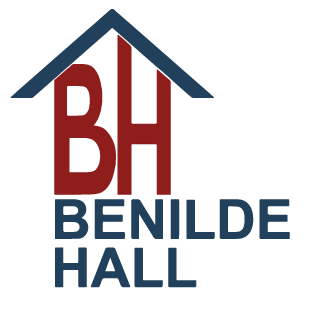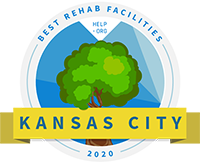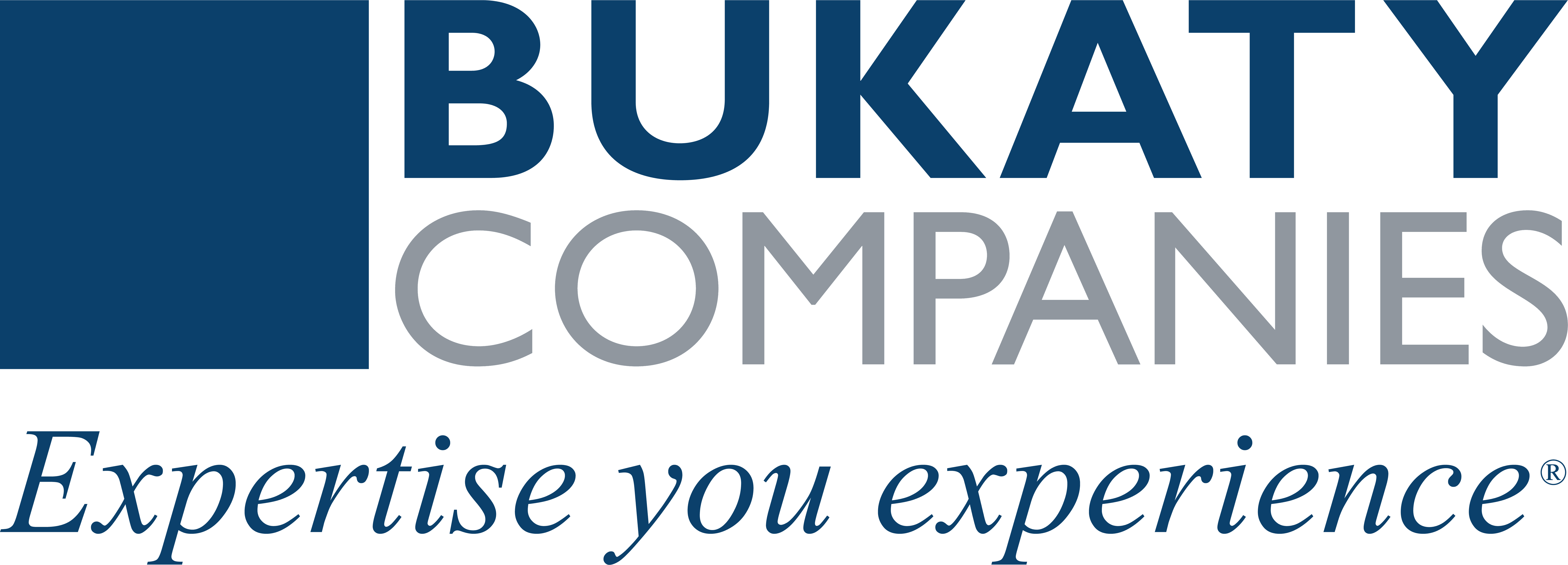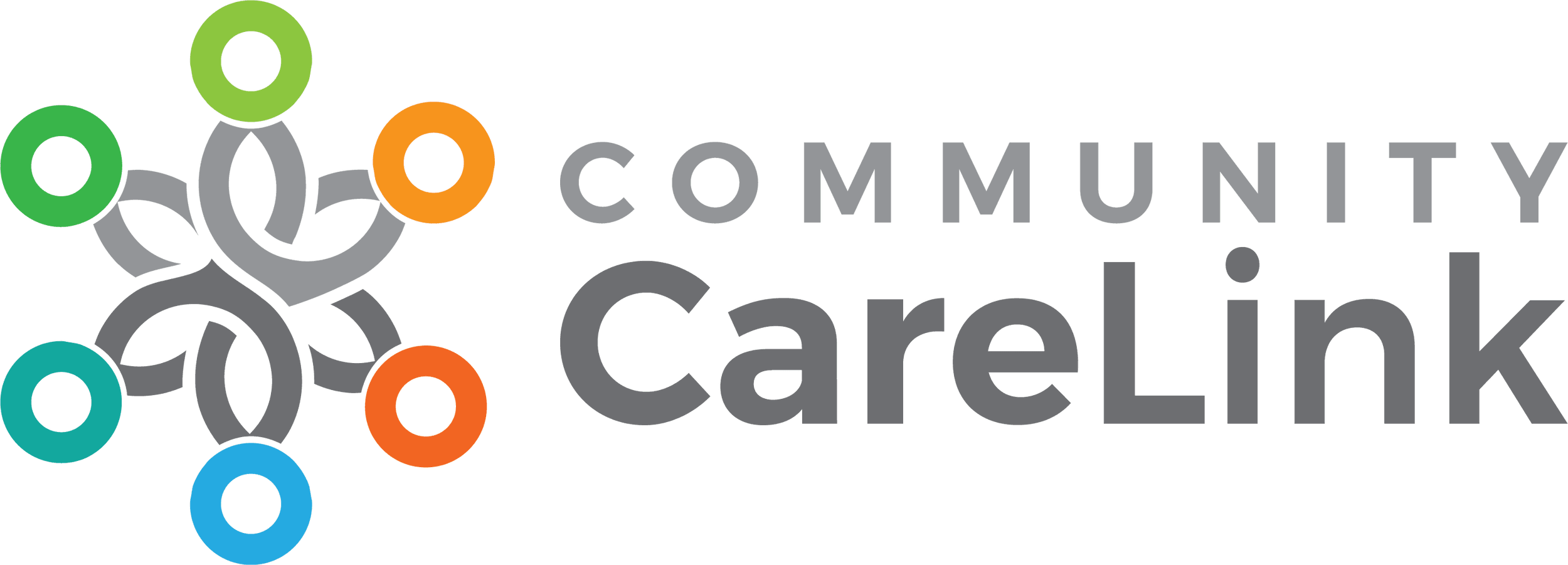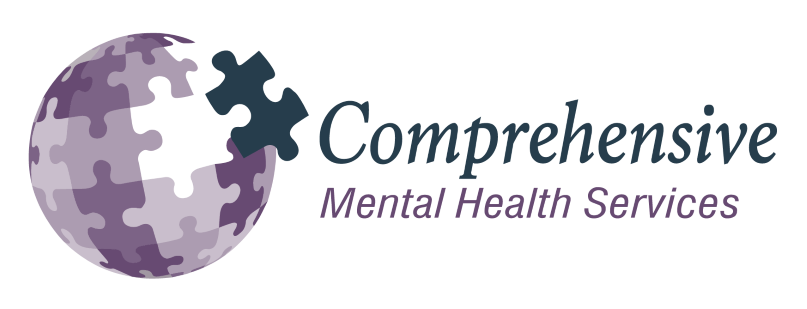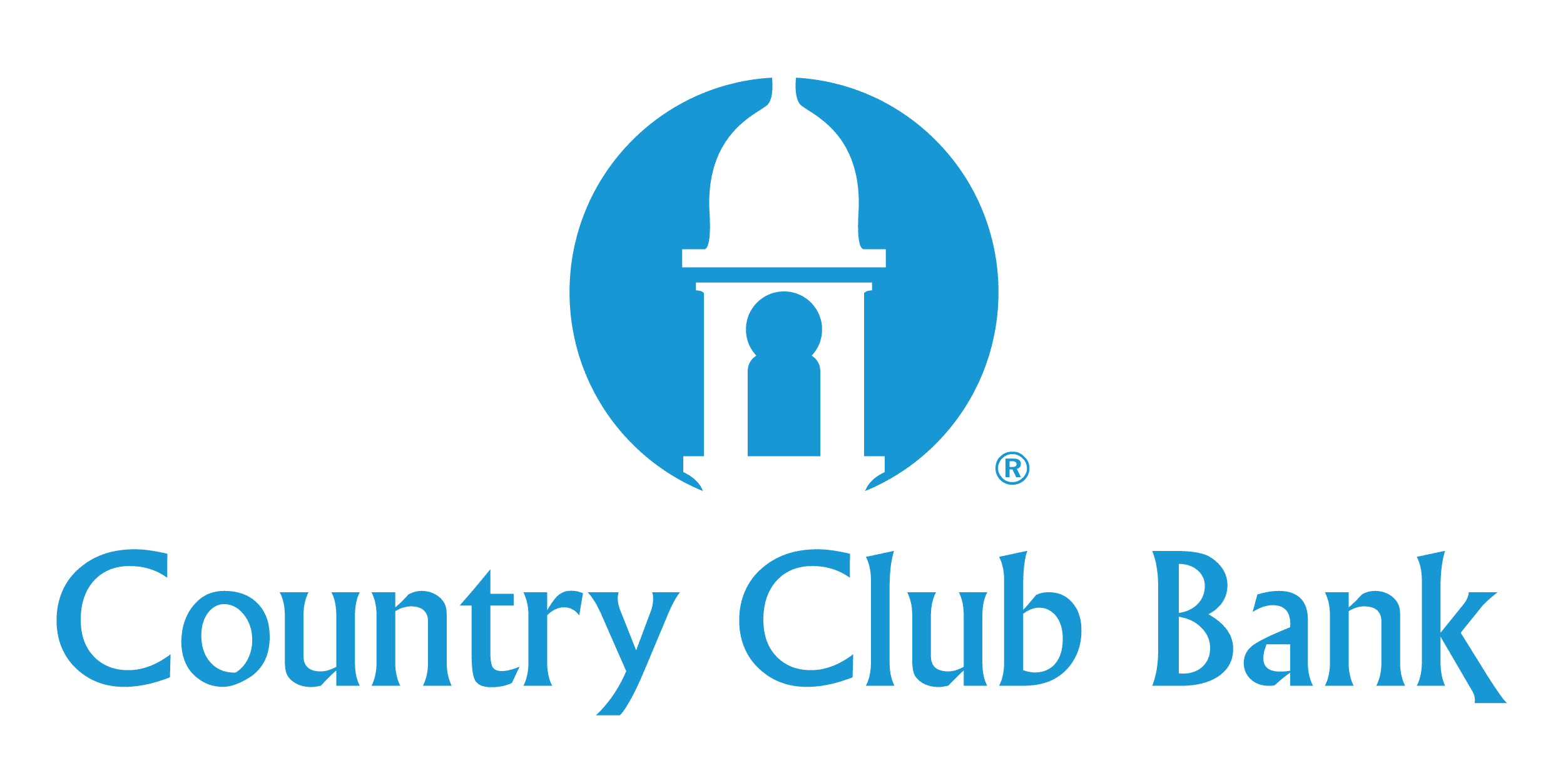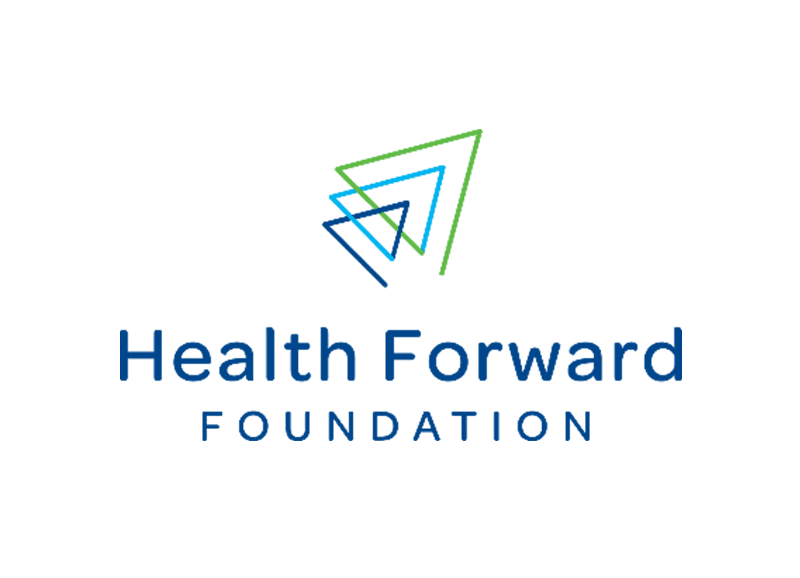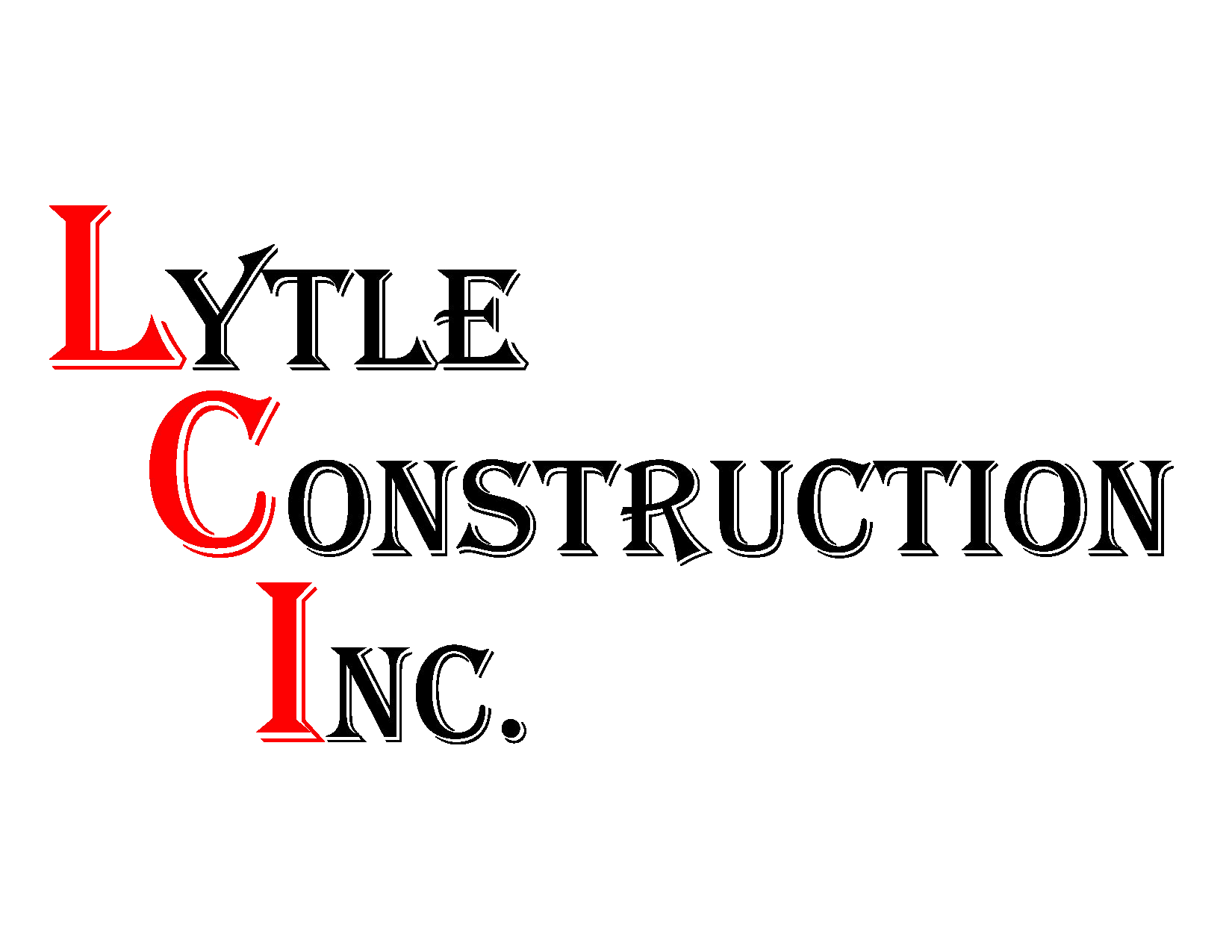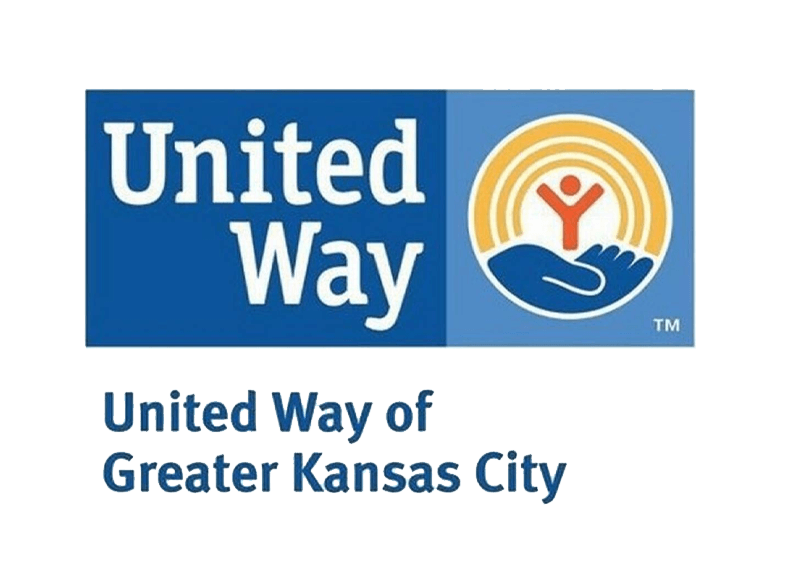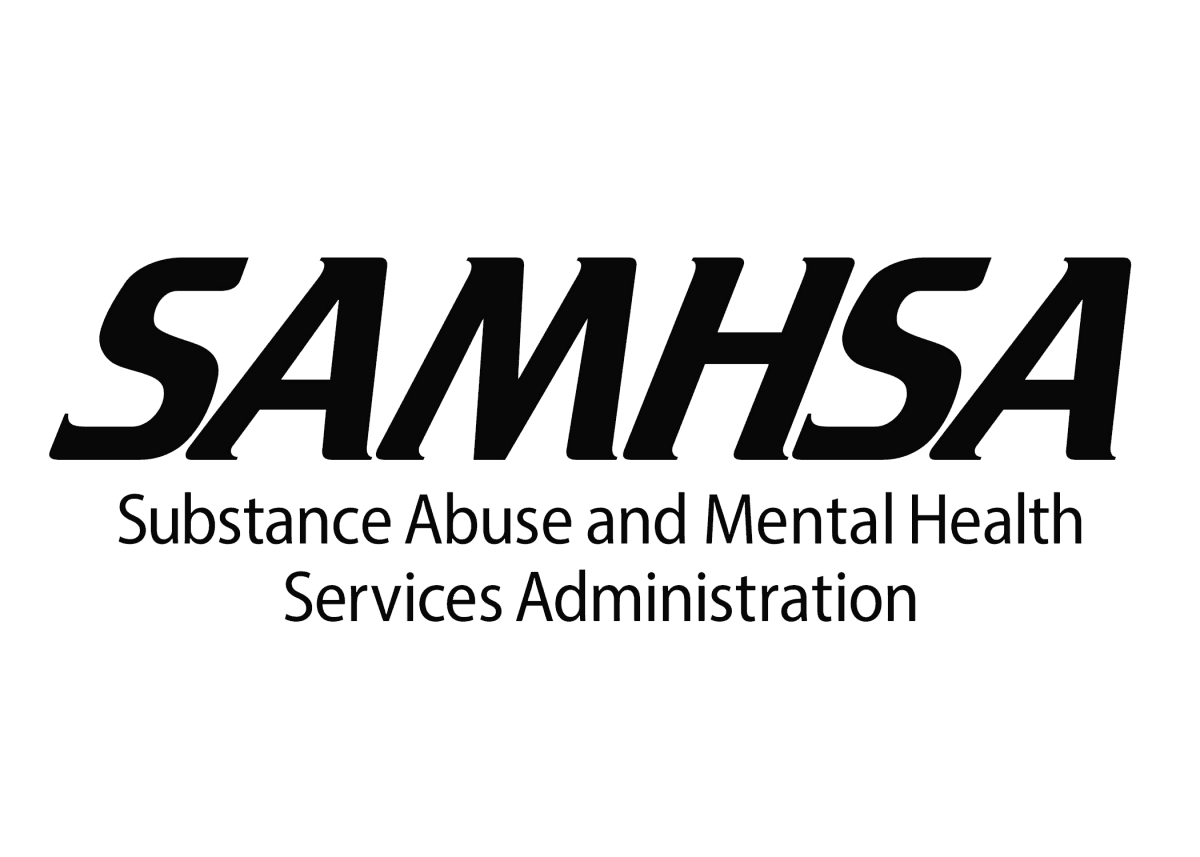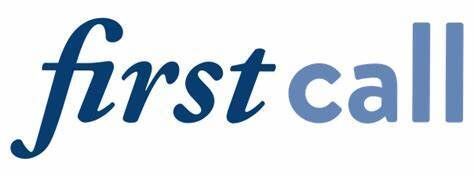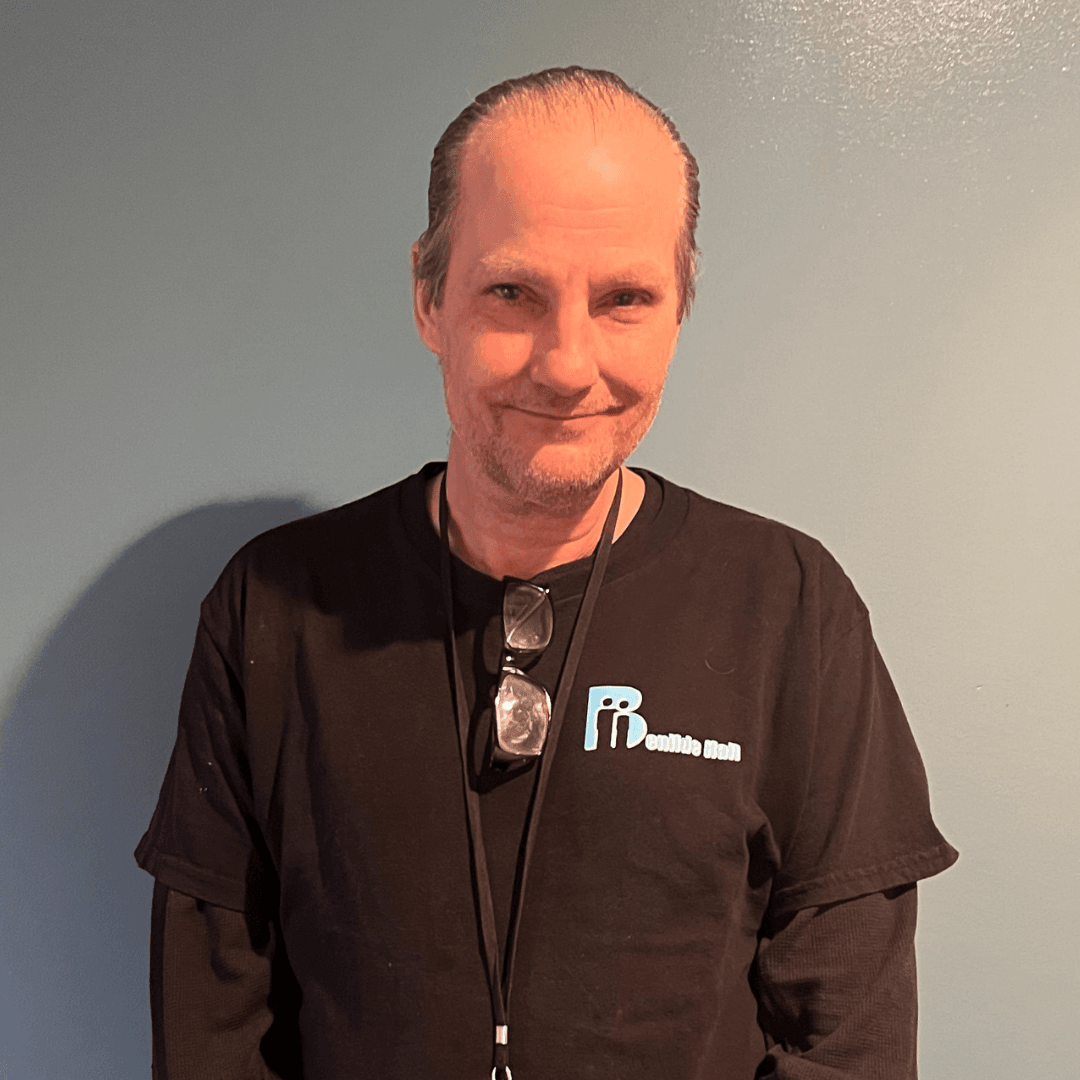
Q: How long were you a client at Benilde Hall?
A: About a year and two months.
Q: What groups or activities did you like as a client?
A: I enjoyed the DBT classes. It was an unfamiliar model to me. I've been through treatment several times and the standard recovery stuff has been beaten into my brain for 20 years without any positive effect coming out of it, so it was nice to try from another approach. And I would say SMART Recovery is the same thing. I see SMART Recovery as being based on self-empowerment, and that really was a key piece of me staying sober this time. Learning to take full responsibility for my behavior and my actions.
Q: What did you learn at Benilde Hall as a client?
A: To stop being in so much of a hurry. Previous attempts at sobriety or cookie-cutter approaches, run ya through at 30 days and they kick you out into the world and I would be far from prepared to actually live a life in recovery. The biggest benefit of Benilde Hall was that I was allowed to stay here long enough to get some things figured out for myself. It took a long time before the war that was going on inside of my head slowed down enough that I could develop a perspective that would actually keep me sober.
Q: What is it like to work at Benilde Hall after being a client?
A: I think it's awesome. What it is, is it's a continuum of support. It's like baby steps towards living a full and normal, self-directed life. Another problem with my rehabs in the beginning is I live in this little soft cocoon called rehab, and then I'm thrown out in the big, cruel world and I'm not strong enough. But here at Benilde Hall, I started here, and then I moved to the recovery house and then I started working here, and then I moved to the apartment and these baby steps towards a normal life made the transition more palatable. It made the change slow enough that I didn't panic and overreact. Sometimes I'll get myself into a hysterical state of mind trying to fix the entire world in one day. And what happens is, it's not sustainable. You cannot stay in that mode. You wear yourself out, and you get to the point that you say, "Screw it," and you go back to what's familiar, using drugs and alcohol. To be able to move through the change one step at a time, I consider it absolutely essential and why I am sober today and sitting here.
Q: How has Benilde Hall helped in your recovery?
A: There are certain counselors here that I developed a close enough relationship with that I actually believed and trusted what they were telling me. It went beyond just the clinical. I'm a fairly well-educated individual. I know the answers to my questions before I even state them and having someone reflect those answers back at me is of no benefit to me. But to be sitting across the table from somebody who genuinely cares about me, and can put it in their own words how they dealt with it. The key word in all this is trust. I trusted them. Danny was a huge part in this. Me and Danny come from very different backgrounds. But over the course of a year and a half, he never on one occasion told me one single thing that didn't turn out to be accurate on a long enough timeline. So I trusted the people who were helping me grow, which it's very, very difficult for me to trust people. And it's not that I think they're gonna hurt me. It's that I think they don't know what they're talking about, and to develop that relationship where a mentor isn't just a mentor by name. A mentor is someone who you believe in and trust and it's almost like a parental relationship when you're growing up. It was the personal relationship I developed with the staff over time, that allowed me to take the walls down that I put between me and the rest of the world.

